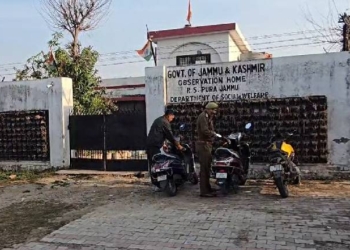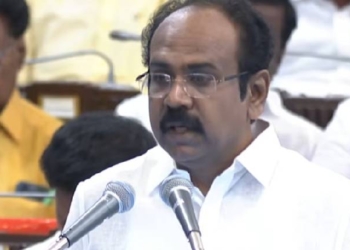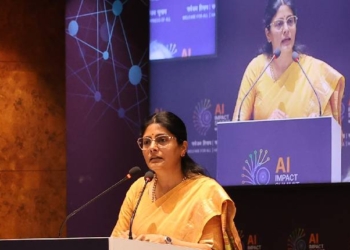New Delhi: The Supreme Court on Wednesday remarked that the “business of government must go on” as it adjourned till January the hearing on a plea filed by the state of Kerala against “inaction” on the part of Governor Arif Mohammed Khan in giving assent to the bills passed by the state legislature.
“There must be some channel of communication open between the Chief Minister and Governor… We will resolve the controversy. The business of the government must go on,” a bench headed by CJI D.Y. Chandrachud told Attorney General R. Venkataramani and senior advocate Abhishek Manu Singhvi, who represented the Governor and the state government, respectively.
The bench, also comprising Justices JB Pardiwala and Manoj Misra, said that it will tentatively hear the matter in the third week of January 2024.
Further, it said that it will not be “proper” to injunct the President – the highest constitutional functionary of the country – from taking decision on the seven bills sent to her by the Governor post their re-adoption in a special Assembly session
The Governor sent seven bills to the President for consideration after the Tamil Nadu Assembly, in a special session, re-adopted Bills, which were sent back by the Governor after withholding his assent. The situation arose a legal question that when the Governor returns a Bill after withholding his assent and the said bill is passed again, with or without amendments, and is presented for his assent, whether the Governor has to necessarily accord his approval or could he reserve the Bill for the consideration of the President.
According to the plea filed by the Kerala government, as many as eight bills were presented to the Governor for his assent and of these, “three have been pending with the Governor for more than two years, and three more in excess of a full year”.
The plea said that by keeping bills presented to him pending for such long periods, the Governor is directly violating the provision of the Constitution, namely, that the bill should be dealt with “as soon as possible”
(IANS)















